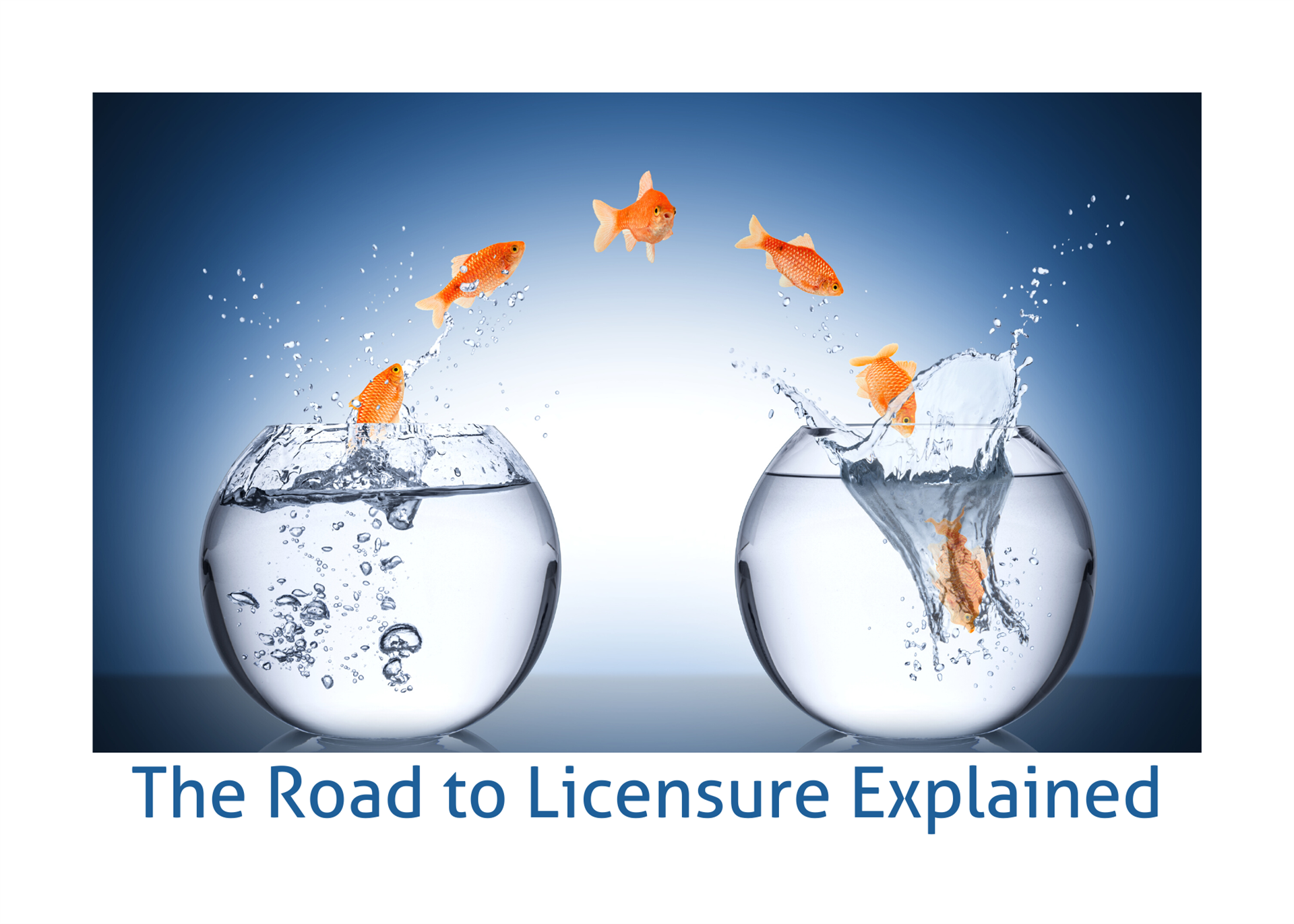10 Tips for Attorneys Communicating with Spanish Speakers through an Interpreter.
It is with respect and admiration for your profession that I offer a few pointers concerning your communication with your Spanish-speaking clients. After all, I am the one that communicates your words into Spanish. I have been present in hundreds of legal events, ranging from attorney/client meetings to trials. I want to share my personal observations with you since I cannot do it while we work together. I hope this doesn’t come across as condescending since I know most of the attorneys I work with have great people skills and care a great deal about their clients. This is for those of you who have little to no experience dealing with Spanish speakers in your practice.
I believe that not following these simple tips may cause distrust and communication (please don't blame the interpreter):
1 When meeting your client for the first time do not get down to business right away. Introduce yourself with a gentle handshake, not a solid business-like handshake. It should come across as warm and caring. This applies to all social levels.
2 Ask about your client's wellbeing. Spend a few minutes talking about what may seem like banalities to you, but means the world to your client. Showing a personal interest goes a long way in building trust. This applies to all social levels. As suggested in the book for counselors (not legal counsel), The Counselor's Companion: What Every Beginning Counselor Needs to Know. By Jocelyn Gregoire, Christin Jungers.
3 In some countries, an underprivileged person will not make too much eye contact with (what they consider) a higher status person. You are an authority figure. Your client is not hiding something or being evasive. This is a cultural difference. However, once you have built a rapport it will not be a problem. A Spanish-speaking businessperson or professional will not have a problem in this area since you are his or her equal.
4 Family is not limited to the nuclear family. Extended families mean any blood relative surrounding this individual, including nephews and nieces, who may happen to be second cousins! Be specific when inquiring about family members. An uncle can actually be a second cousin. A compadre is mistakenly believed to simply be a “buddy”, that’s not always the case; it’s actually the relationship that exists between the father of a child and that godfather of that child. They are in essence “co-fathers;” comadre falls in the same category. Of course, it is usually a good friend who is asked to be the godparent of a child. The child of a first cousin is considered a niece or a nephew. If one mentions a husband or a wife, always ask if they are legally married. They will always refer to their significant other as, "my wife" or "my husband," out of respect. They are not lying to you. To them it is just semantics, not a legal definition.
5 It is hard for Spanish speakers to give a straight answer to a direct question, since all communication is intercultural. In her doctoral thesis, Comprehension Of Legal Discourse In Interpreter-Mediated Judicial Proceedings, Julia Lamberti, PhD mentions and quotes a study to show how Spanish speakers express themselves: “…Tannen explains that Americans do not favor indirectness, which is common among Hispanics. Furthermore, people from Latin America usually speak faster and use a more roundabout style (JCNSW 2015: 3321). Montaño-Harmon (1991: 418) ”
6 This is not done with the intent to hide or deceive you. It’s simply a style of communication, which is the diametrically different to that of the English speakers. If you are in an attorney/client meeting, allow your client to give a narrative. The answers you require will most likely be included. You can always request direct answers to your questions at a later time or when preparing a witness for a trial. Clients perform very well when attorneys have a private mock session of question and answers before a proceeding.
7 Refrain from yelling and using profanity. In criminal matters it is common with younger attorneys to build a rapport with English speaking clients by using 'street talk', slang, even profanity to get the message across. Never use this type of talk with your Spanish-speaking clients who were born in a foreign country. They will question your professionalism and will not trust you. They will attempt to replace you in court and you will not understand why since you have done everything possible to 'communicate effectively' with your client. Profanity is not effective communication with the Spanish speaking community. Again, Hispanics show a great deal of respect for those who are in a higher position and are there to help them, but they demand respect as well.
8 When asking Spanish speakers a question, do not use double negatives. There is a reason even the courts do not allow double negatives.
9 If your Spanish speaker is not answering a question correctly, she may not have understood the question and is embarrassed to admit it. Ask the question in a different way, using easier terms. Be mindful of a person's education level and their unfamiliarity with the legal process in the U. S. You may inquire of the interpreter, off the record, if there's an issue with a certain term. The interpreter may suggest alternatives.
10 Refrain from using popular cultural analogies. For instance, do not use football analogies; instead use soccer references or city blocks. Do not ask them is they have seen a trial on TV. There are very few TV shows or movies showing courtroom procedures in Spanish. Some may confuse seconds for minutes, so count out the seconds, if you know for a fact that it was a matter of seconds and not minutes. Of course, this depends on whether you are taking the deposition or you are the deponent's counsel.
Finally, remember that the interpreter is there to facilitate communication. He or she is your nexus. Try requesting the same interpreter for continuity; your client will appreciate seeing the same familiar face over and over again. If you feel that I have missed or overlooked something here, please let me know. I'll be happy to add it.
Initially prepared and published by Esther M. Hermida, edited by Julia Lambertini, PhD. Republished with permission.



